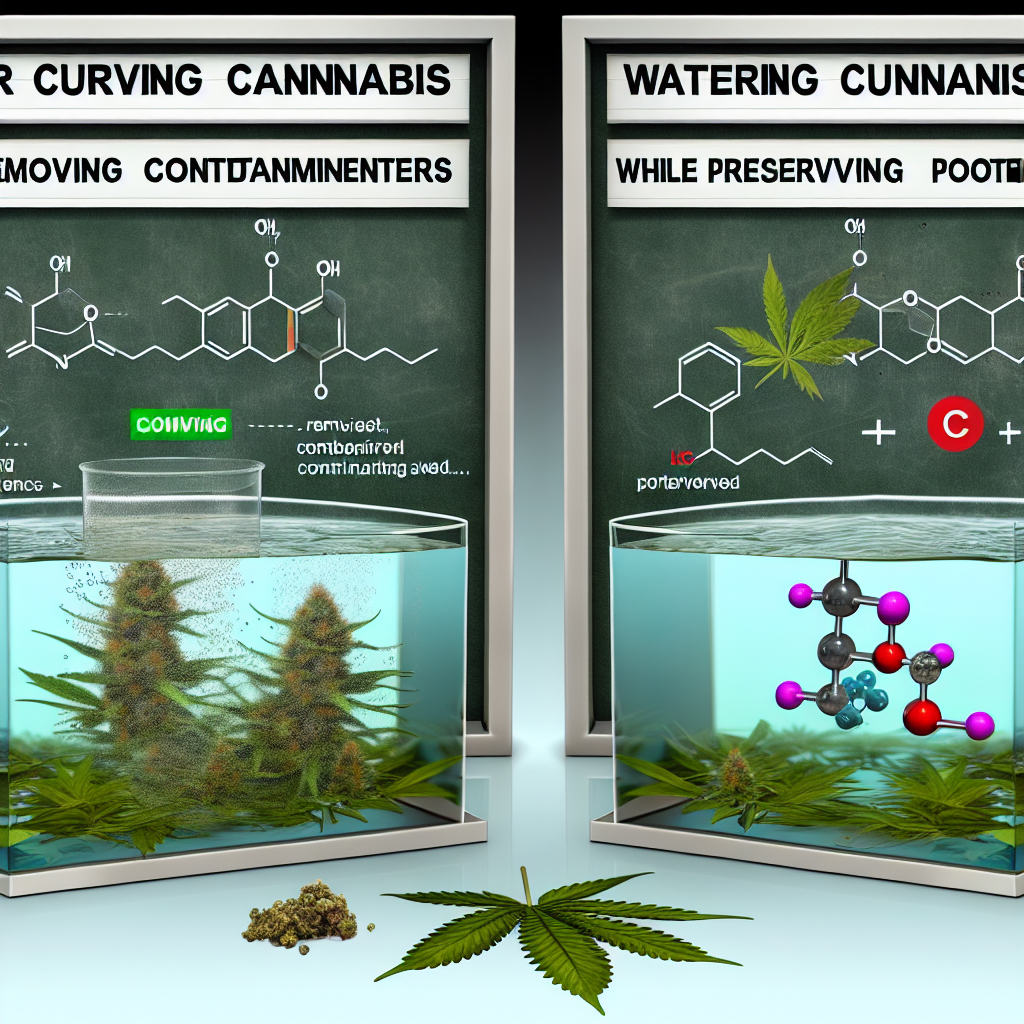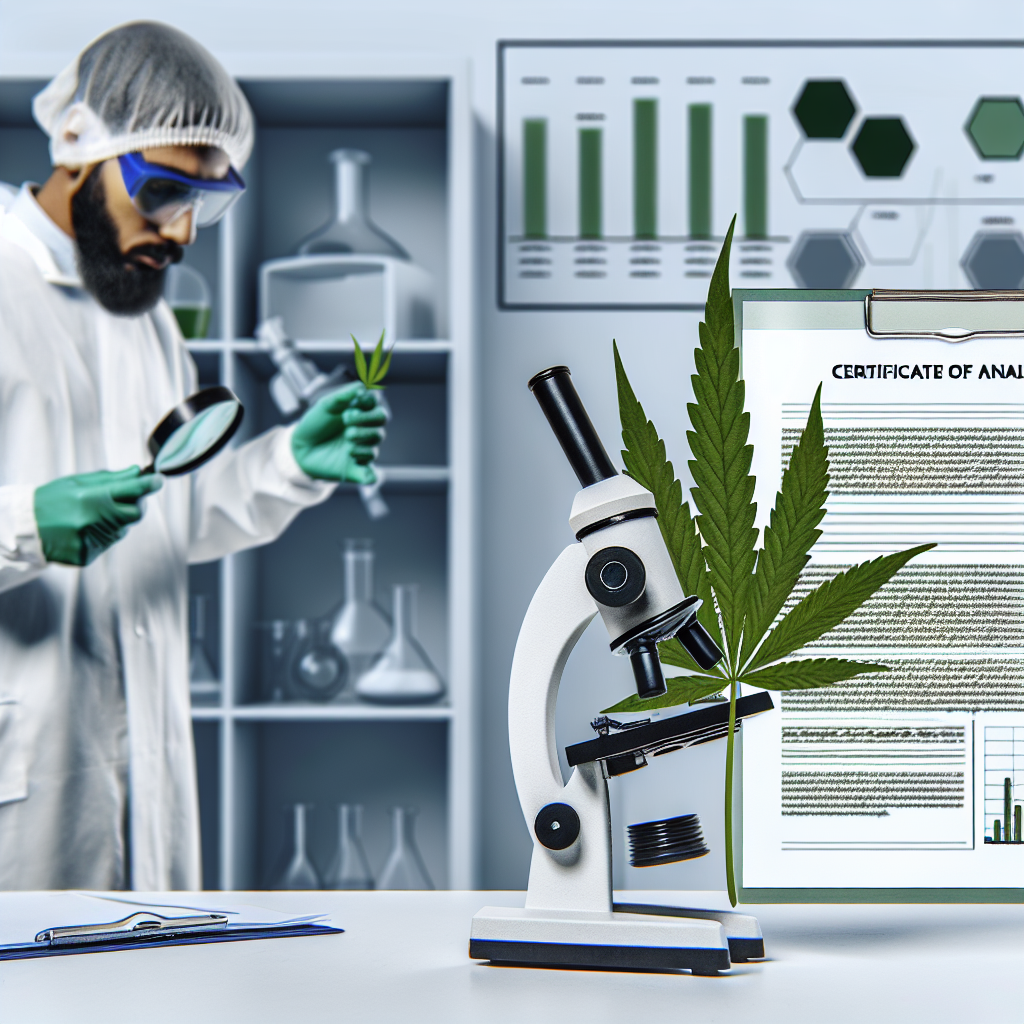# Organic Cannabis Growing for Personal Wellness: Chemical-Free Cultivation
Introduction: Reclaiming Clean Cannabis for Holistic Healing
As the wellness movement continues to gain momentum, individuals are becoming increasingly mindful of what they elevate into their routines—particularly when it comes to cannabis consumption. For health-conscious consumers and patients seeking therapeutic benefits without exposure to harmful additives, organically grown cannabis stands as a preferred choice. At the intersection of natural health and ethical agriculture, organic cannabis cultivation emphasizes sustainability, chemical-free growing practices, and a deep respect for the plant’s healing potential.
The rise in demand for organic cannabis reflects broader social and consumer trends prioritizing transparency, environmental stewardship, and wellness. From food to personal care, organic products are often associated with higher quality, improved safety profiles, and a more holistic experience. Cannabis, a plant known for its health-enhancing cannabinoids such as THC and CBD, should be no exception. For medical patients pursuing relief from chronic pain, anxiety, insomnia, or inflammation, the purity of their cannabis can significantly impact its therapeutic efficacy.
Home growers, too, are turning to organic methods. Empowered by legislative changes across various states and countries, more people are choosing to cultivate their own plants—not just for cost savings, but out of a desire to control the grow process and ensure their medicine is clean. Organic cannabis growing eliminates the reliance on synthetic pesticides, herbicides, and fertilizers that can leave behind toxic residues. Instead, growers adopt natural solutions and regenerative approaches like companion planting, composting, living soil systems, and biomass recycling.
Moreover, cultivating organic cannabis supports biodiversity and soil health, reduces pollution, and aligns with wellness-centered principles that resonate with both lifestyle users and medicinal consumers. The emphasis is not only on what is left out—synthetic chemicals—but also on what is nurtured: microbial life in the soil, terpene expression, cannabinoid balance, and sustainable agricultural practices.
This chemical-free cultivation model is an invitation to return cannabis to its roots as a therapeutic ally and a sacred plant, rather than a mass-produced commodity. Whether you are a patient, a caregiver, or a curious consumer, learning about organic growing practices can empower you to make responsible, informed, and health-driven decisions in your cannabis journey.
The Science Behind Going Organic: Cannabis, Health & Soil Microbiology
While anecdotal evidence has long supported the health advantages of organic cannabis, growing interest from the medical and scientific communities is now helping to validate these claims with data.
A primary concern with conventionally grown cannabis is the presence of residual pesticides. A pivotal study published in the *Journal of Toxicology* (2013) found that over 69% of pesticide residues present in contaminated cannabis could transfer to inhaled smoke when combusted (Sullivan et al., 2013). For medical users—especially those with compromised immune systems—this represents a serious health risk.
Organic cultivation methods counter this by eliminating synthetic chemicals through integrated pest management (IPM), which leverages biological controls, beneficial insects, and physical barriers. These chemical-free systems help ensure purity and minimize exposure to toxins.
An analysis from the *Environmental Working Group* (2020) reveals how organic agriculture often yields plants with higher antioxidant levels and fewer harmful residues. These findings easily translate to cannabis, echoing benefits like richer nutritional profiles and reduced chemical intake.
Soil health is another cornerstone of organic growing. According to *Frontiers in Plant Science* (2019), there’s a clear relationship between robust soil microbiomes and increased production of cannabis secondary metabolites like cannabinoids and terpenes. When growers use compost, worm castings, mycorrhizal fungi, and other organic amendments, the microbiological life structurally and chemically enhances overall plant health and potency.
Patient Perspectives: Why Consumers Prefer Organically Grown Cannabis
Consumer preferences further tip the scales in favor of organic methods. A Canadian study in *Cannabis and Cannabinoid Research* (2021) surveyed medical cannabis users and found that many preferred organically grown flowers due to fewer respiratory side effects, better taste, and what they reported as enhanced therapeutic benefits. These anecdotal experiences are often attributed to cleaner terpene profiles, minimized chemical exposure, and a more pleasant sensory experience overall.
Moreover, organically grown cannabis better retains its natural aroma and flavor—attributes closely tied to terpene stability. For those who rely on cannabis not just as a medicine but as a daily wellness agent, quality and consistency are essential.
Mindful Cultivation: Mental and Emotional Benefits of Organic Growing
Growing cannabis organically doesn’t just benefit the body—it supports the mind as well. According to the *American Psychological Association* (2020), individuals engaged in gardening report lower stress, more emotional resilience, and increased well-being.
For home growers using cannabis to manage mental health conditions such as PTSD, anxiety, or depression, the act of daily garden care becomes part of a healing routine. Organic gardening reinforces mindfulness, patience, and a sense of purpose—qualities that naturally dovetail with a therapeutic wellness journey.
Shaping the Future: Advocacy, Certification & Clean Cannabis Standards
As the cannabis industry matures, regulators and health professionals alike are advocating for improved transparency in cultivation practices. This includes pesticide testing, better labeling, and pathways for organic certification.
Although “organic” cannabis isn’t federally defined in the U.S. yet, third-party certification bodies like Clean Green Certified and Certified Kind are filling the gap. These groups provide rigorous evaluation criteria and standards that ensure cannabis products are grown without synthetic inputs and in accordance with ecological sustainability.
By choosing organically certified or responsibly homegrown cannabis, consumers and patients can participate in a larger movement toward safe, conscious consumption and planetary responsibility.
Conclusion: Cultivating a Healthier Future, One Plant at a Time
Organic cannabis cultivation represents more than a growing trend—it exemplifies a lifestyle rooted in health, sustainability, and trust in nature’s processes. Whether you’re a wellness-minded consumer or a patient relying on cannabis for relief, choosing or growing organic offers a clearer path toward chemical-free healing.
As science and consumer awareness continue to align, the shift toward organic cannabis cultivation is not only justified—it’s essential for a mindful, informed, and resilient future in plant medicine.
Concise Summary:
Organic cannabis cultivation is a growing trend that emphasizes sustainability, chemical-free growing practices, and a deep respect for the plant’s healing potential. This approach offers numerous health benefits, including reduced pesticide exposure, enhanced soil microbiology, and improved terpene and cannabinoid profiles. Consumers and patients are increasingly choosing organically grown cannabis for its therapeutic efficacy, purity, and environmental impact. As the cannabis industry matures, advocacy for transparent standards and organic certification is shaping a future of conscious consumption and holistic wellness.
References:
[1] Sullivan, N., Elzinga, S., & Raber, J. C. (2013). Determination of Pesticide Residues in Cannabis Smoke. *Journal of Toxicology*.
[2] Environmental Working Group. (2020). Organic Agriculture and Human Health.
[3] Lyu, D., Backer, R., & Smith, D. L. (2019). Plant-Microbial Interactions in Cannabis. *Frontiers in Plant Science*.
[4] Lucas, P., & Walsh, Z. (2021). Medical Cannabis User Survey. *Cannabis and Cannabinoid Research*.
[5] American Psychological Association. (2020). The Healing Power of Gardening.




